From cultural diplomacy to everyday kindness, Canadians have developed a reputation for excelling in ways that truly stand out. Whether it’s mastering winter sports or leading peacekeeping missions, Canada continues to set benchmarks on the world stage. Here are 23 things that Canadians genuinely do better than anyone else in the world.
Apologizing With Sincerity

Canadians are globally recognized for their genuine use of the word “sorry.” While often joked about, this cultural trait reflects a genuine concern for others, politeness, empathy, and emotional intelligence. Unlike in many countries where apologies may imply guilt, Canadians use them as a form of acknowledgment and respect in daily interactions—whether brushing past someone in public or addressing a service error. This habitual courtesy is embedded in both personal and professional environments. Ontario passed the Apology Act in 2009, which clarifies that saying “sorry” doesn’t equal legal liability. This legal reinforcement highlights the deeply ingrained and sincere nature of apologizing in Canada.
Hosting Inclusive Multicultural Societies
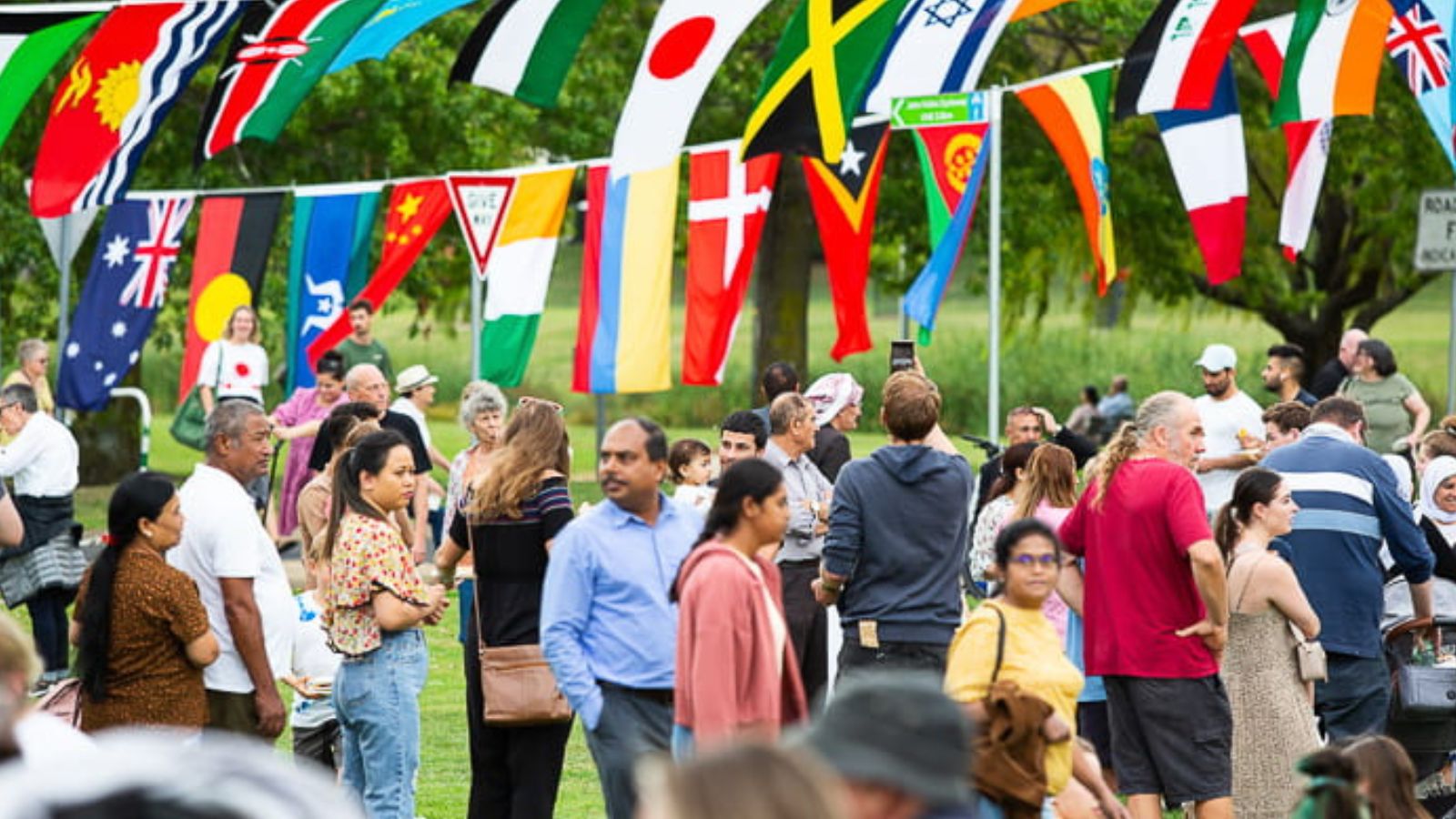
Canada consistently ranks among the world’s most multicultural and welcoming nations. Its immigration policies promote inclusion, allowing people from diverse backgrounds to live and thrive together. Over 20% of Canada’s population is foreign-born, and cities like Toronto and Vancouver are often cited as among the most diverse globally. Policies that support religious freedom, anti-discrimination laws, and accessible social services help newcomers integrate without losing their cultural identity. Public education celebrates diversity, and national holidays like Canadian Multiculturalism Day highlight this value.
Mastering Ice Hockey

With origins tracing back to 19th-century Canadian winters, hockey has become deeply rooted in Canadian culture. The country has produced some of the greatest players in the world, including Wayne Gretzky and Sidney Crosby. Canada holds the record for the most Olympic gold medals in men’s and women’s ice hockey. From frozen backyard rinks to professional leagues, the sport is accessible across age groups. Hockey Night in Canada remains a tradition in many homes. The country’s consistent international dominance proves Canadians truly master this fast-paced sport.
Making Maple Syrup
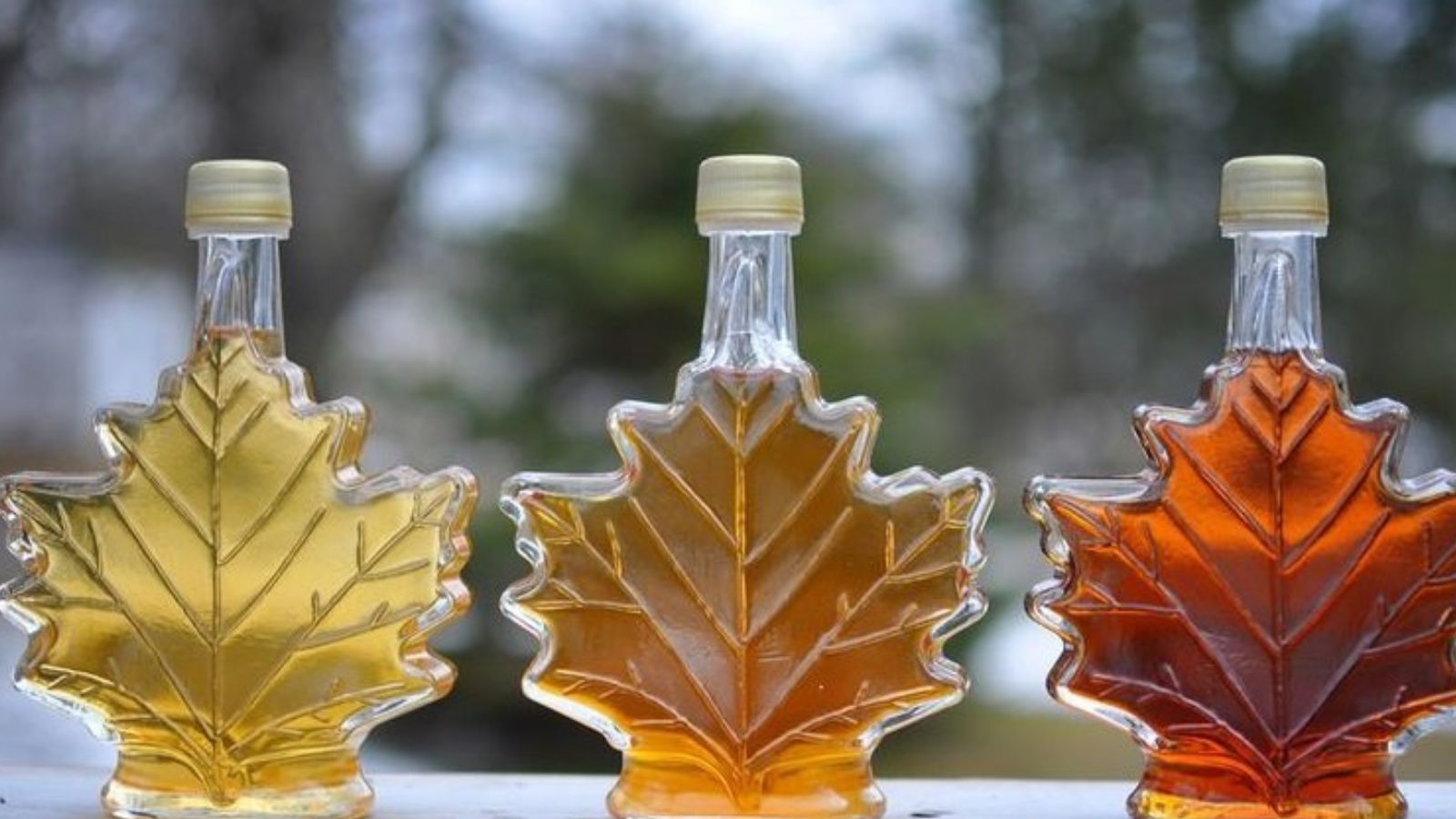
Canada produces over 70% of the world’s maple syrup, with the majority coming from Quebec. The production process, which involves tapping maple trees, collecting sap, and boiling it down into syrup, has been perfected over generations. Maple syrup is not just a breakfast staple; it’s a symbol of Canadian heritage and identity. The country even celebrates it with festivals each spring during the sugaring-off season. Strict quality standards and government-backed grading systems ensure the purity and flavor of our products.
Creating Comedy Legends

Canada has given the world some of its most iconic comedians. From Jim Carrey and Mike Myers to Catherine O’Hara and Dan Aykroyd, Canadian talent has significantly shaped the global comedy landscape. Institutions like The Second City in Toronto and CBC’s This Hour Has 22 Minutes have been launching pads for many stars. Canadian humor is known for being sharp, self-deprecating, and culturally aware. The country’s blend of American and British influences, combined with a distinctly Canadian perspective, yields comedy that resonates worldwide.
Building Peacekeeping Legacies
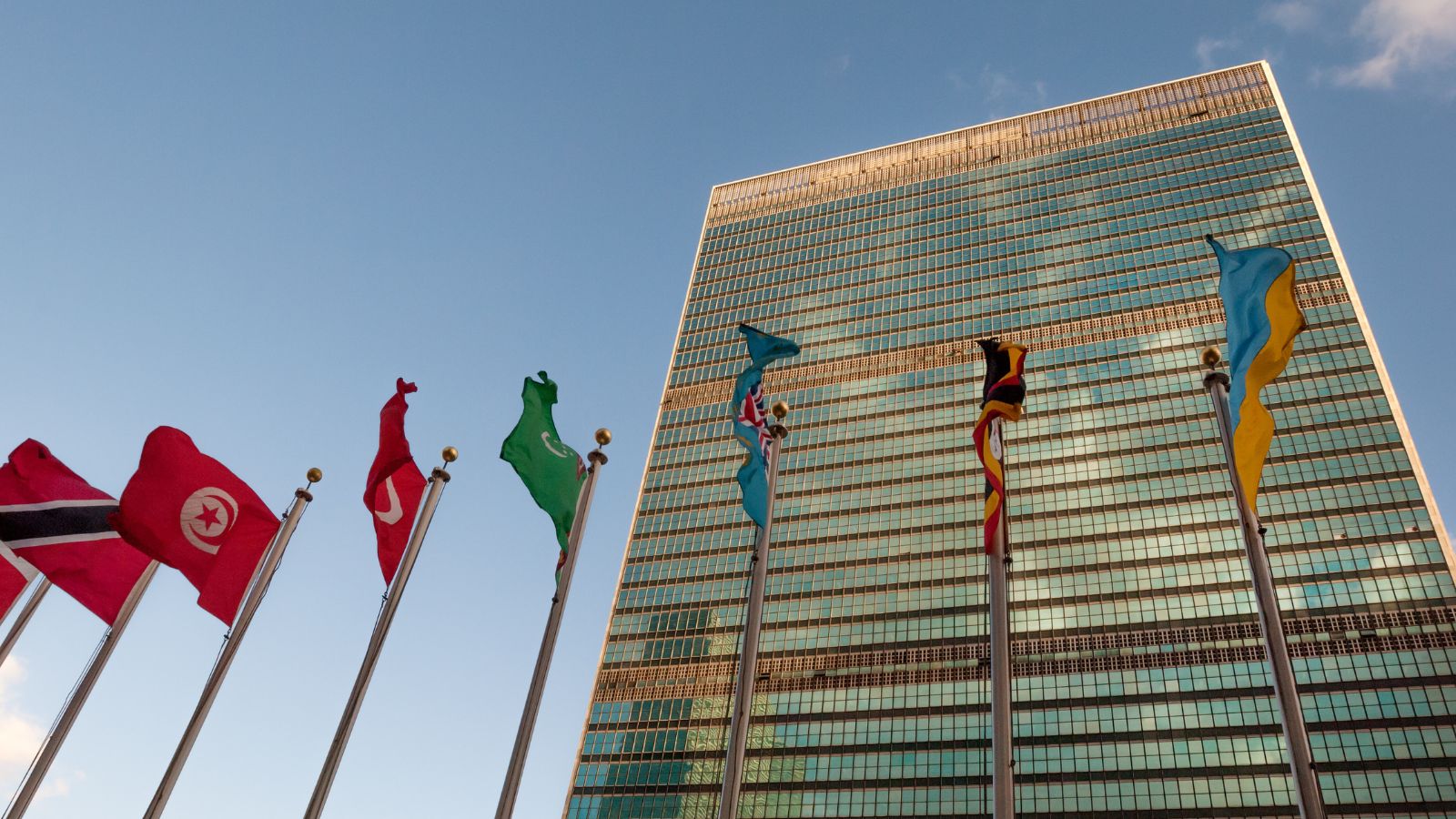
Canada has played a key role in shaping global peacekeeping efforts. Former Prime Minister Lester B Pearson won the Nobel Peace Prize in 1957 for proposing the first large-scale United Nations peacekeeping force during the Suez Crisis. Since then, Canadian forces have participated in missions in Cyprus, Rwanda, Bosnia, and Haiti, among others. Peacekeeping is an integral part of Canada’s international identity, emphasizing diplomacy, cooperation, and conflict resolution over military aggression. The country also supports peacebuilding through funding and training in post-conflict zones.
Producing Clean Water Technologies
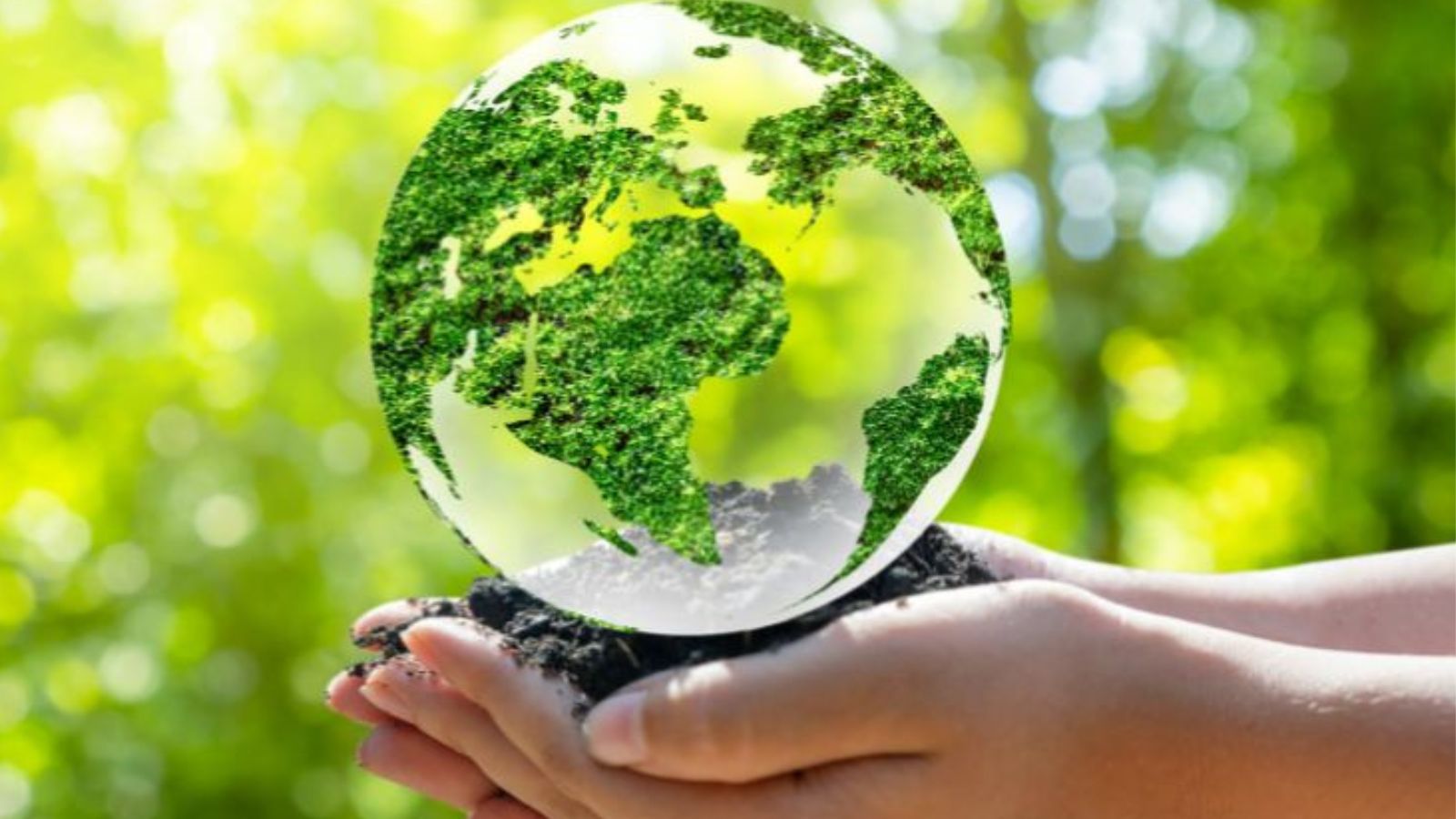
Canada is a global leader in clean water innovation. With access to nearly 20% of the world’s freshwater supply, the country has developed advanced technologies to treat, recycle, and sustainably manage its water resources. Canadian companies specialize in membrane filtration, UV disinfection, desalination, and innovative water monitoring systems. These solutions are utilized both domestically and in developing regions worldwide. Institutions like the Southern Ontario Water Consortium support research and commercialization in this sector. The focus is not only on water availability but also on quality and long-term sustainability.
Championing Public Healthcare

Canada’s public healthcare system, known as Medicare, is admired worldwide for its accessibility and equity. Funded through taxes, the system ensures that all Canadian citizens and permanent residents can access medically necessary services without direct charges. Administered at the provincial level, the system covers hospital visits, doctor consultations, and diagnostic tests. Canada’s approach reduces financial barriers and supports preventative care. While challenges such as wait times exist, the principle of universal coverage remains a strong foundation. International studies often place Canada among the top countries in terms of healthcare access.
Protecting Wilderness and Wildlife
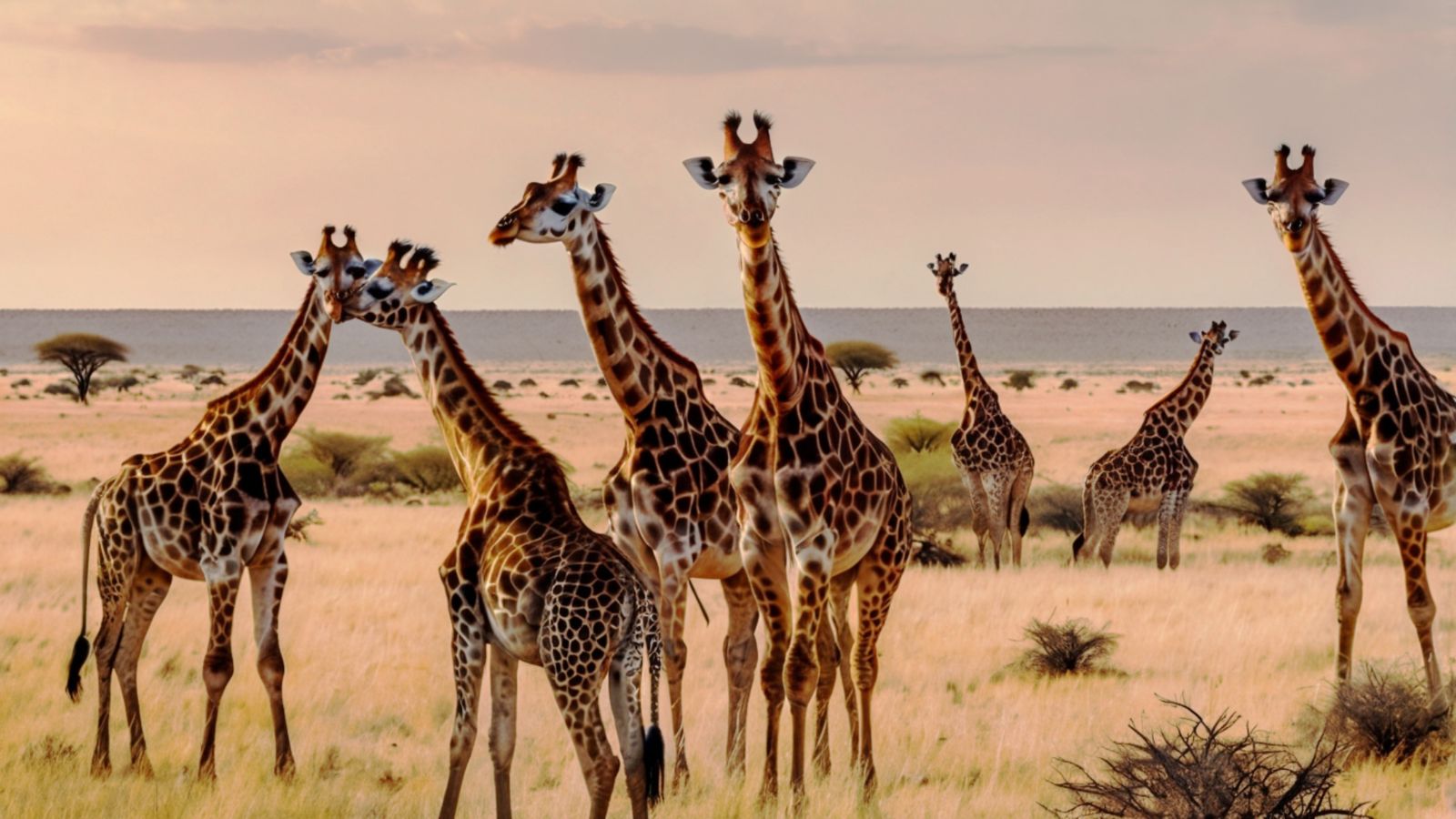
Canada is home to some of the largest and most diverse natural landscapes in the world, including forests, lakes, tundra, and coastal regions. The country has over 45 national parks and numerous protected reserves that safeguard wildlife and ecosystems. Species like moose, bears, wolves, and caribou thrive in these well-managed habitats. Canadian policies emphasize conservation, sustainable development, and biodiversity protection. Organizations such as Parks Canada and Indigenous-led groups play a significant role in monitoring and preserving natural areas. With millions of square kilometers under protection, Canada leads in maintaining ecological balance and promoting responsible interaction with the environment.
Celebrating Indigenous Cultures
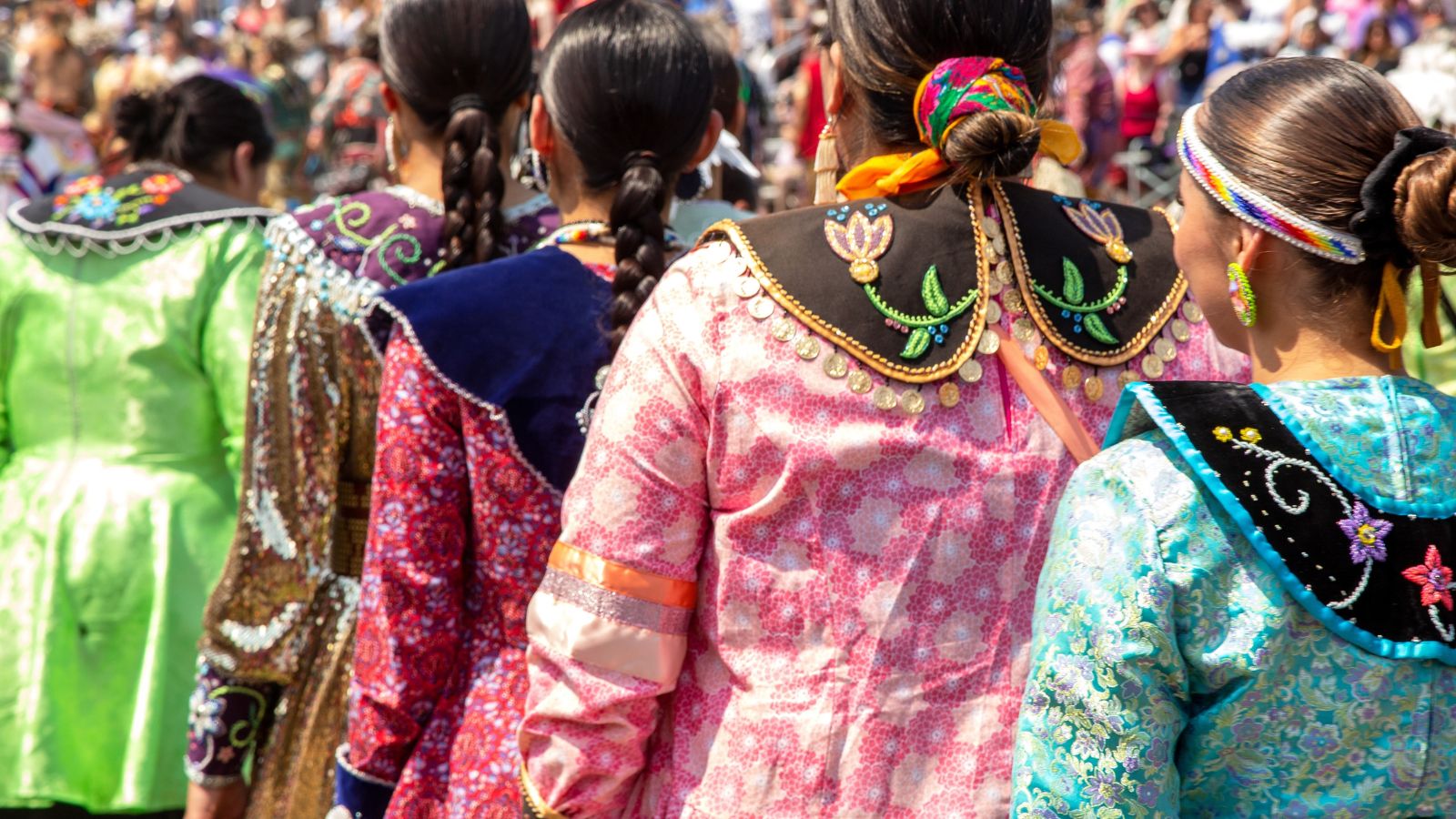
Canada recognizes and respects the diverse cultures, traditions, and histories of its First Nations, Inuit, and Métis peoples. Indigenous languages, art, storytelling, and spiritual practices are supported through cultural initiatives, education, and public policy. National events, such as National Indigenous Peoples Day and National Day for Truth and Reconciliation, highlight the importance of acknowledging Indigenous heritage. Museums, cultural centers, and language revitalization programs help preserve traditions while fostering wider awareness. Indigenous leadership plays a central role in land stewardship and environmental management.
Designing Liveable Cities

Canadian cities consistently rank high in global liveability indexes due to factors like safety, healthcare, education, and infrastructure. Cities such as Vancouver, Toronto, and Calgary are known for their clean environments, efficient public transport, and accessible public services. Urban planning emphasizes walkability, green spaces, and mixed-use developments. Environmental sustainability is often integrated through green building standards and the use of renewable energy. Canada also invests in social housing and community-oriented spaces. These combined efforts make cities not only functional but also welcoming and inclusive.
Excelling in Winter Sports
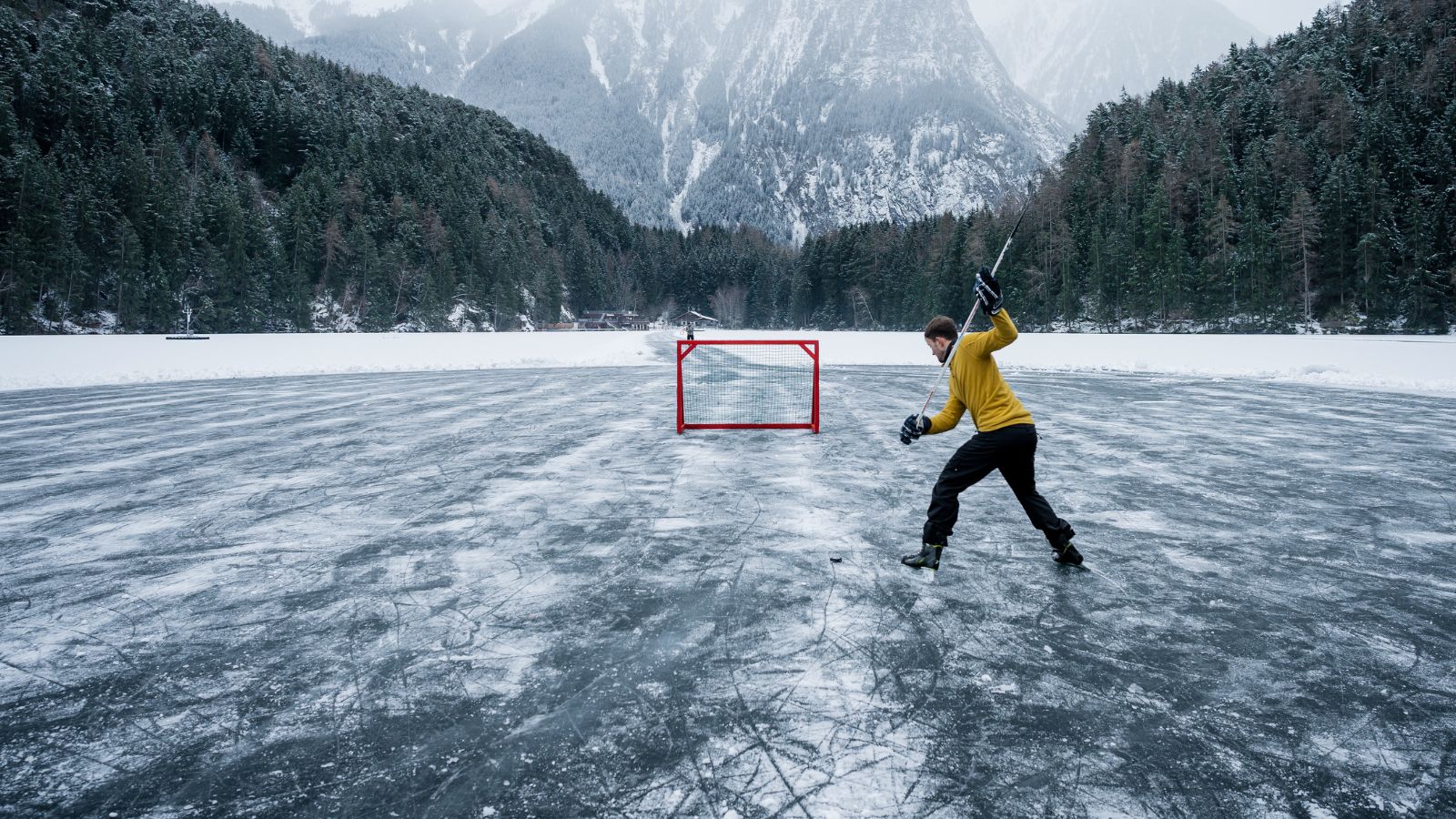
Canada’s cold climate and snowy seasons have helped it become a dominant force in winter sports. The country has achieved international success in disciplines such as figure skating, curling, snowboarding, and skiing. Canadian athletes regularly excel at the Winter Olympics, often ranking among the top medal-winning nations. The country also offers world-class training facilities and natural landscapes ideal for outdoor sports. Youth programs and local competitions help develop talent from an early age. With strong government and community support, winter sports are both recreational and competitive staples in Canadian life, contributing to national pride and international recognition in the sporting world.
Writing Global Literature

Canadian authors have made a significant mark on global literature, earning international acclaim and major literary awards. Writers such as Margaret Atwood, Alice Munro, and Michael Ondaatje are recognized for their powerful storytelling and cultural insight. Canadian literature frequently explores themes such as identity, multiculturalism, and a connection to nature. The country supports writers through grants, literary festivals, and public broadcasting platforms. Works from Canada are studied in schools and translated into multiple languages.
Innovating in Green Energy
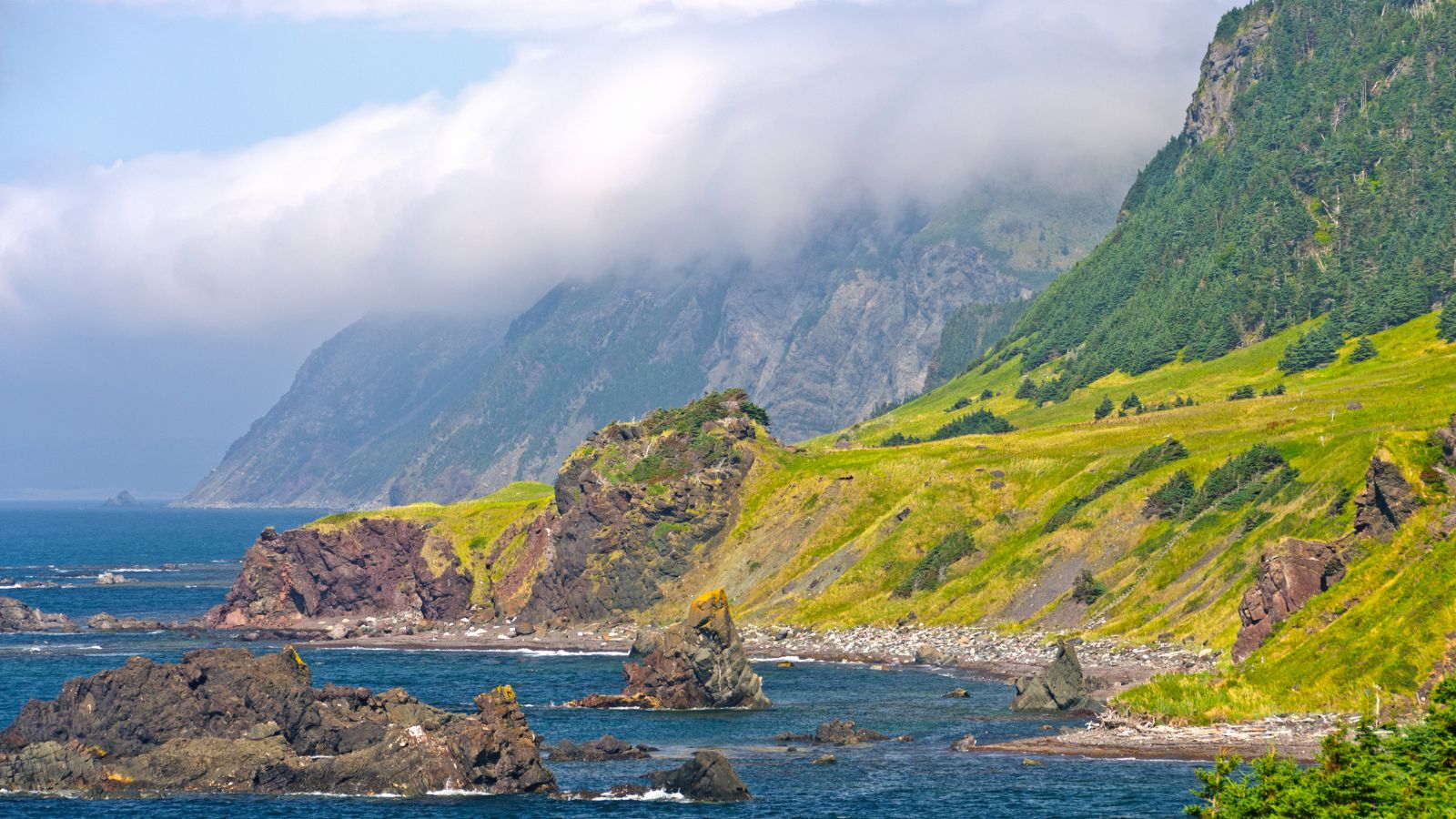
Canada is advancing rapidly in the green energy sector, with a focus on clean and renewable energy sources, including hydroelectricity, wind power, and solar power. Over 60% of Canada’s electricity comes from hydroelectric sources, and wind power is the fastest-growing renewable energy source. The government supports clean tech innovation through funding and research partnerships. Provinces like British Columbia and Quebec have led the development of low-emission technologies and sustainable infrastructure. Canada is also investing in smart grids and energy storage solutions. These efforts align with its climate goals and carbon reduction targets. By prioritizing green energy, Canada is helping to shape a more sustainable environment.
Caring for Refugees

Canada is widely recognized for its strong humanitarian approach to refugee resettlement. The country operates government-assisted and private sponsorship programs that help newcomers integrate with access to housing, healthcare, language training, and employment support. In recent years, Canada has welcomed refugees from Syria, Afghanistan, Ukraine, and other conflict-affected regions. Its private sponsorship model allows citizens and communities to support refugee families, creating a more inclusive environment directly. Settlement services are coordinated through both government agencies and nonprofit organizations.
Excelling in Education

Canada’s education system ranks among the best globally, particularly in reading, mathematics, and science, according to international assessments such as PISA. Education is publicly funded and managed at the provincial level, ensuring accessibility and quality across all levels, from primary to post-secondary. The country is home to globally respected universities, including the University of Toronto, McGill University, and the University of British Columbia. Canada also attracts a large number of international students each year. With a focus on inclusivity, critical thinking, and innovation, Canadian schools prepare students for diverse career paths.
Crafting Award‑Winning Music
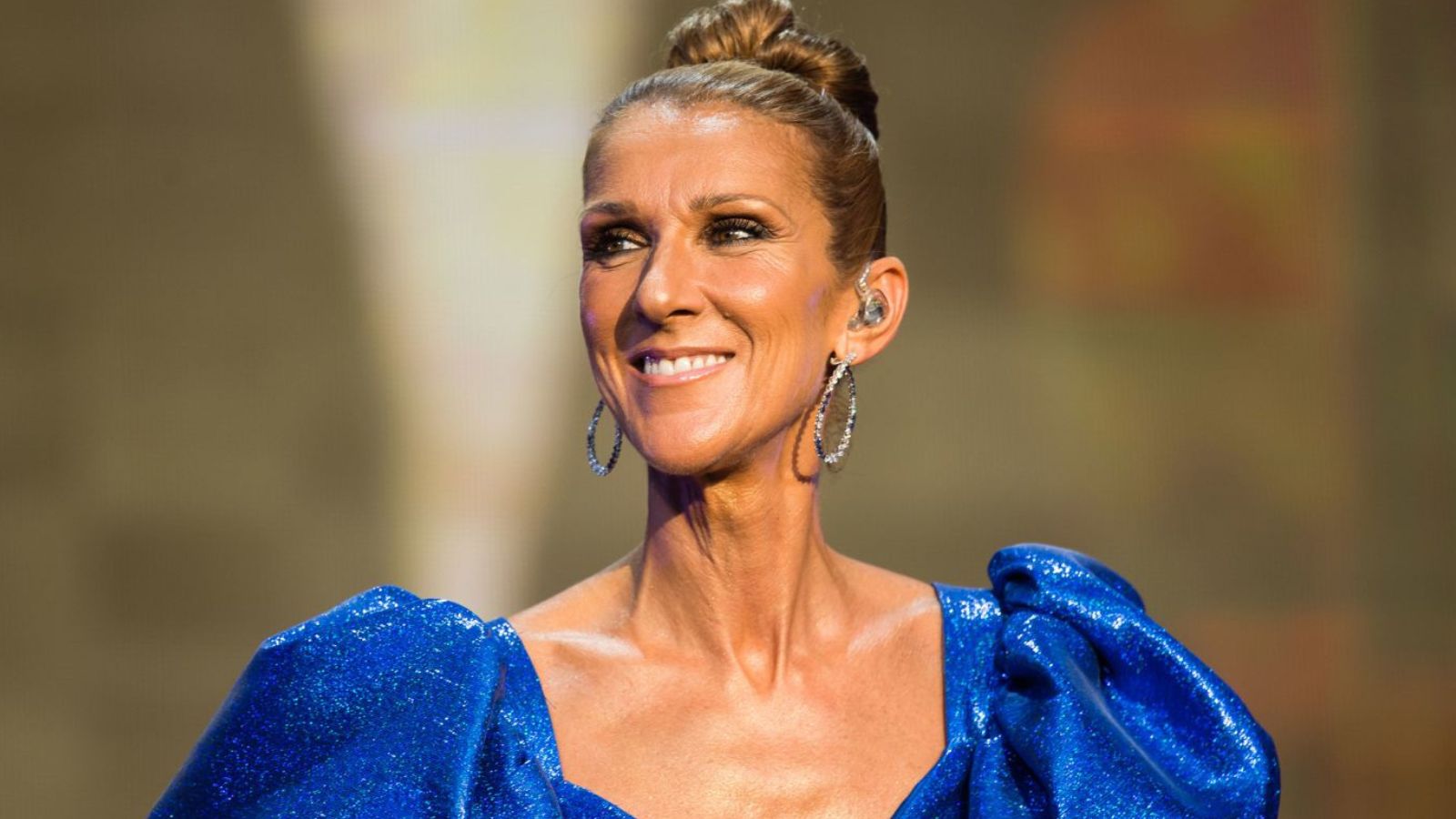
Canada has produced some of the world’s most successful musicians across various genres. Artists like Celine Dion, Drake, The Weeknd, Shania Twain, and Justin Bieber have topped global charts and won significant awards, including Grammys and Junos. The Canadian music industry is supported by organizations such as FACTOR and the Canada Music Fund, which help emerging artists develop their careers. Canadian radio regulations also ensure domestic talent gets airplay. From pop and rock to jazz and indigenous music, the country offers a diverse and influential music scene that continues to shape the global soundscape through both creativity and professionalism.
Maintaining Political Stability

Canada is known for its strong democratic institutions, peaceful political transitions, and stable governance. The country operates under a constitutional monarchy with a parliamentary system that promotes accountability and public engagement. Elections are held regularly and are monitored for fairness and transparency. Political discourse in Canada tends to be more civil compared to that in many other nations, and coalition building is a common practice. Independent courts, a free press, and a strong public service help maintain trust in the system.
Thriving in Bilingualism

Canada is officially bilingual, recognizing both English and French as national languages. This policy ensures that government services, education, and federal communications are available in both languages. Provinces like Quebec prioritize French, while other regions support bilingual education through immersion programs. Bilingualism strengthens Canada’s cultural identity and promotes inclusivity across communities. It also offers economic and diplomatic advantages by enhancing global communication and expanding job opportunities. Public institutions, media, and signage often reflect this dual-language framework.
Inventing Cool Things

Canada has made significant contributions to global innovation with practical inventions that have had a profound impact. Notable Canadian inventions include the telephone, insulin, the electric wheelchair, the snowmobile, and the Canadarm, which is used in space missions. Recent developments include advancements in quantum computing, medical devices, and clean technologies. Canadian universities and research institutions receive strong public and private funding to support innovation. Programs such as the Industrial Research Assistance Program help startups turn ideas into commercial products. These contributions span sectors from healthcare to aerospace.
Mastering Poutine and Beyond

Poutine is one of Canada’s most recognized comfort foods, made from fries, cheese curds, and gravy. Originating in Quebec, it has become a national favorite with countless variations available across the country. Canadian culinary creativity extends well beyond poutine, with strong influences from Indigenous, French, Asian, and Middle Eastern cuisines. Dishes such as butter tarts, Nanaimo bars, and bannock reflect the region’s diverse culinary heritage. Canada’s food scene values freshness, local sourcing, and multicultural flavors. Culinary schools, food festivals, and chef-led innovations all contribute to a vibrant dining culture.
Being Good Neighbours

Canadians are renowned for being courteous, respectful, and community-minded. This reputation is not just a stereotype but is reflected in daily behavior, from holding doors open to offering help in emergencies. Neighborhood watch groups, community gardens, and volunteer programs show how Canadians prioritize social cooperation. Disaster response often sees high public participation in donations and relief efforts. On a larger scale, Canada’s diplomatic approach also mirrors this attitude of cooperation and respect.
Defending Free Expression with Civility

Canada supports freedom of expression through a legal framework that protects speech, the press, and creative expression, while balancing this freedom with respect for others. The Canadian Charter of Rights and Freedoms ensures that people can voice their views without fear of censorship or retaliation. Public discourse in Canada often promotes respectful dialogue, even when opinions differ. Hate speech laws help prevent the spread of harmful content while maintaining open debate. Media outlets, academic institutions, and public platforms foster diverse perspectives.
21 Products Canadians Should Stockpile Before Tariffs Hit

If trade tensions escalate between Canada and the U.S., everyday essentials can suddenly disappear or skyrocket in price. Products like pantry basics and tech must-haves that depend on are deeply tied to cross-border supply chains and are likely to face various kinds of disruptions
21 Products Canadians Should Stockpile Before Tariffs Hit
